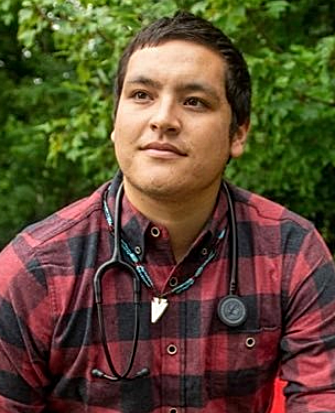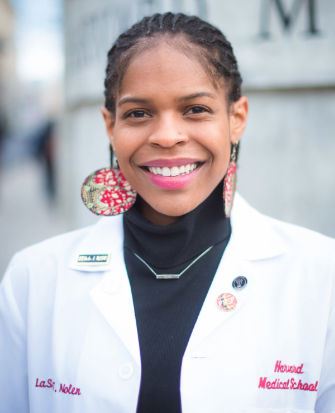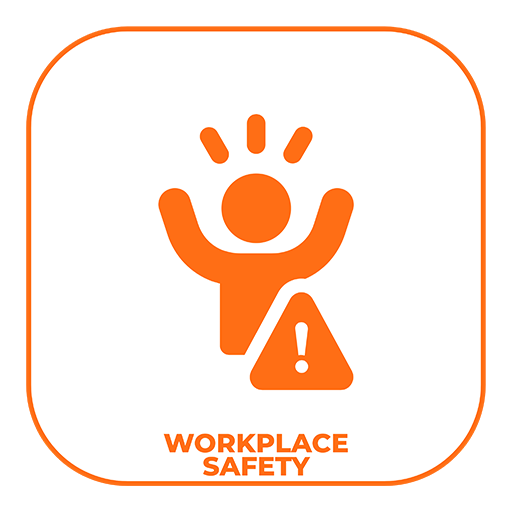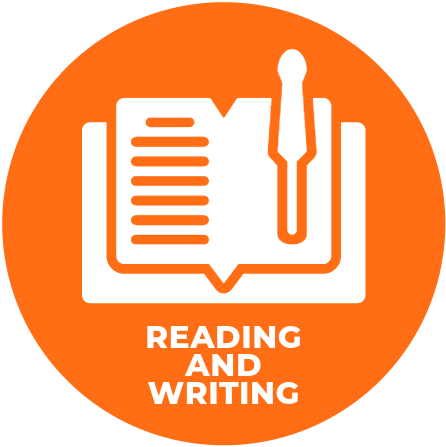Workplace safety skills refer to the knowledge, attitudes, and behaviors necessary to ensure a safe and healthy working environment. These skills are essential for preventing workplace accidents, injuries, and occupational hazards. They involve being aware of potential risks, following safety procedures and protocols, and taking appropriate actions to protect oneself and others.
“Safety is not an intellectual exercise to keep us in work. It is a matter of life and death. It is the sum of our contributions to safety management that determines whether the people we work with live or die.”
Sir Brian Appleton
- Workplace Safety Skills
- Risk Assessment: Identify and assess potential hazards in the workplace.
- Emergency Response: Know and follow emergency procedures, including first aid and evacuation plans.
- Communication Skills: Effectively communicate safety information to colleagues and superiors.
- Personal Protective Equipment (PPE): Properly use and maintain required PPE.
- Equipment Operation: Safely operate machinery and equipment following established guidelines.
- Hazard Reporting: Report and address hazards promptly to prevent accidents.
- Health and Hygiene: Follow hygiene practices to maintain a clean and safe work environment.
- Fire Safety: Understand fire safety protocols, including the use of fire extinguishers.
- Manual Handling: Safely lift, carry, and move objects to prevent musculoskeletal injuries.
- Electrical Safety: Adhere to electrical safety standards and precautions.
- Chemical Handling: Safely handle, store, and dispose of chemicals according to regulations.
- Fall Prevention: Implement measures to prevent falls from heights.
- Confined Space Entry: Safely enter and work in confined spaces following proper procedures.
- Safety Sign Recognition: Understand and follow safety signs and labels.
- Lockout/Tagout: Implement procedures to control hazardous energy during maintenance.
- Behavioral Safety: Encourage safe behavior and promote a positive safety culture.
- Training and Education: Stay informed about safety regulations and participate in relevant training.
- Incident Investigation: Know how to investigate and learn from workplace incidents.
- Crisis Management: Respond effectively to crisis situations and coordinate with emergency services.
- Continuous Improvement: Actively contribute to safety improvement initiatives and provide feedback.
Gen Z and Millennials Who Demonstrate Workplace Safety Skills
The real voyage of discovery consists not in seeking new landscapes, but in having new eyes.
Marcel Proust

Victor Lopez-Carmen
Victor Lopez-Carmen, a Dakota and Yaqui writer, health advocate, and Harvard Medical School student, exemplifies crucial workplace safety skills through his visionary initiative, Translations for our Nations. As the founder of this grant-funded project, Victor showcased remarkable communication skills by accurately translating essential COVID-19 information into over 40 Indigenous languages from diverse countries. His dedication to ensuring access to proper medical care and health practices for marginalized communities highlights his cultural competence, emphasizing the importance of workplace safety tailored to specific cultural contexts. Additionally, his adept project management skills are evident in successfully organizing and implementing a large-scale initiative. Victor’s commitment to public health, demonstrated through Translations for our Nations, underscores his ability to navigate complex challenges, making him a model for workplace safety skills in the realm of health advocacy and community engagement.
Photo: Creative Process Video: Ted Talk

LaShyra “Lash” Nolen
LaShyra “Lash” Nolen, Founder of We Got Us, demonstrates exceptional workplace safety skills through her leadership roles and advocacy efforts. As the first documented Black woman to serve as the student council president of her medical school class at Harvard, Lash exhibits strong leadership and communication skills, creating a safe and inclusive environment. Her prolific writing in reputable platforms such as the New England Journal of Medicine reflects a commitment to disseminating accurate information, a crucial aspect of workplace safety in healthcare. Lash’s involvement in addressing systemic issues and promoting equity, notably through the Clinical Problem Solvers Anti-Racism in Medicine Podcast and service on the White House Health Equity Roundtable, underscores her dedication to fostering a safe and just workplace. Additionally, her guidance for clinicians and educators to address racism in academic medicine emphasizes her commitment to a safe and supportive learning environment. Founding the “We Got Us” project during the COVID-19 pandemic further demonstrates her commitment to providing accurate information and support for community well-being. Lash’s recognition as a Forbes “30 Under 30” Leader in Healthcare and a Boston Celtics “Hero Among Us” highlights her exceptional contributions to public health and community safety. Her consistent contributions to reputable media outlets like WBUR-FM and HuffPost further showcase her commitment to disseminating information responsibly and contributing to workplace safety awareness. Photo: Video: Interview with Todd Unger

Name
Name, description
